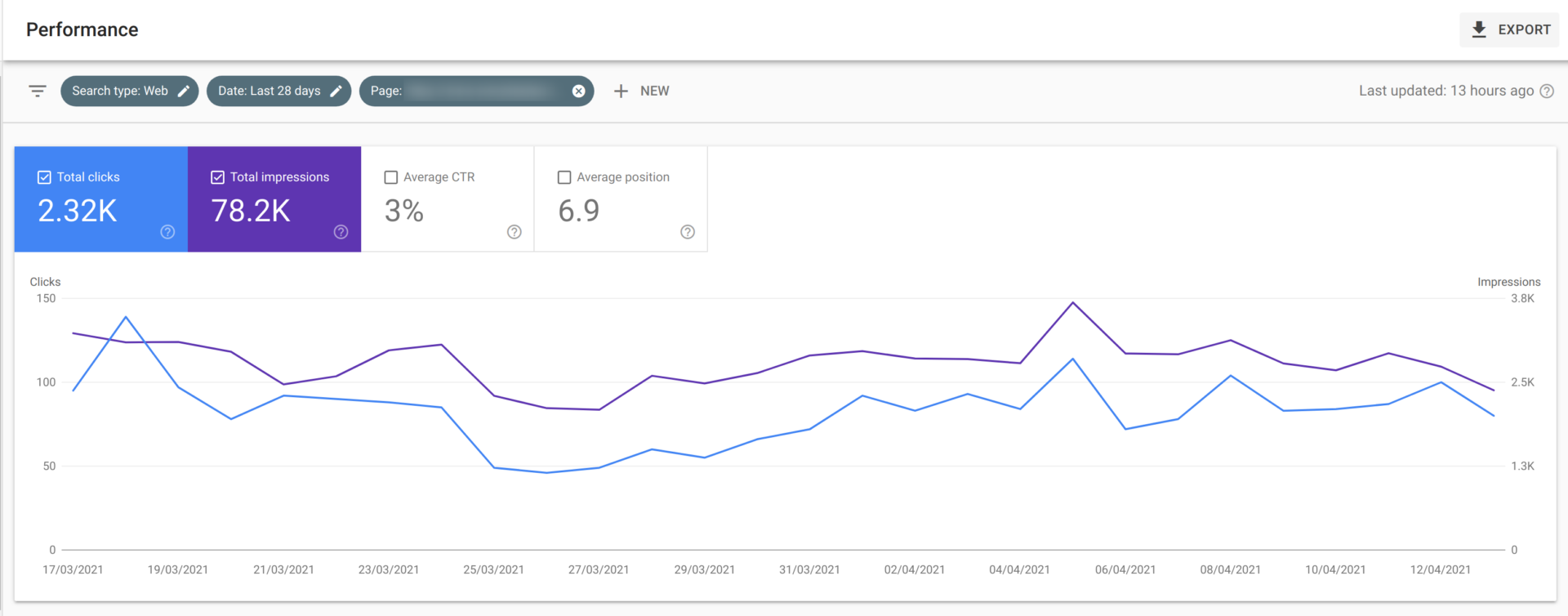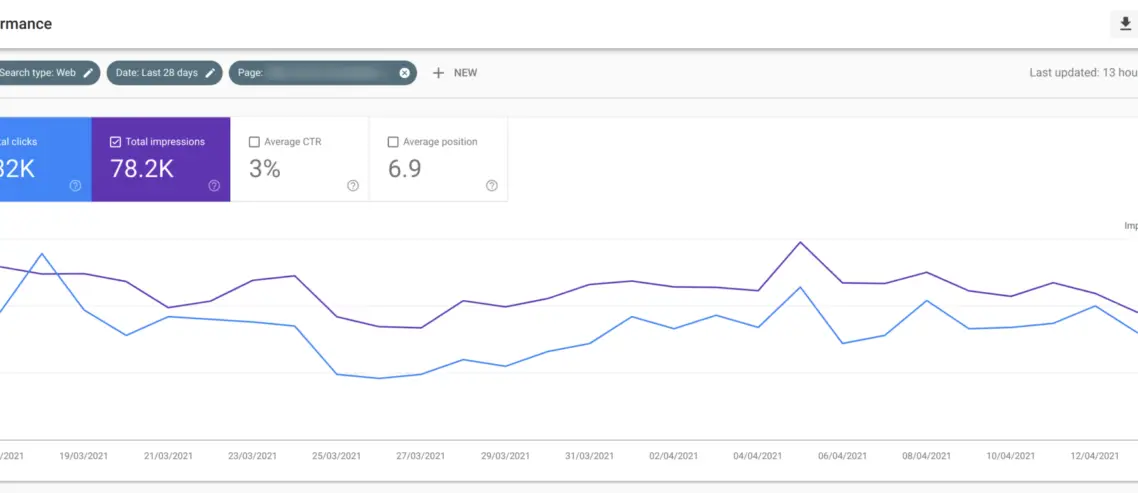How To Write For SEO? – DeepRanking, BERT, and Storytelling
I didn’t like SEO before BERT happened. I didn’t like the concept of keywords, buying backlinks, wording to get bigger articles, and adding stock photos to enrich this BS content.
Just a few years ago this and much more were needed to compete with black hats on the market. That’s why I refused to go into it even though I was able to build successful online businesses using those black hat tricks.
I fell in love with technology and more precisely with the internet because it gave the world desperately needed transparency. As you can see, I am a white hat guy by its core.
To write SEO friendly article you need to learn how to tell a story by walking users through the journey of discovery, the journey of the creative process, the problem-solving process, etc.
In the intro of your story go and explicitly answer what your blog post is about. By giving the answer immediately to the user you save user’s time and makes him able to determine what’s going on here right after opening your page. Then, if he/she really want to know more or to find out how you ended up with this answer he/she will read further.
Here is my journey of figuring Google Search ranking out.
BERT and DeepRanking – Science behind ranking on Google
In 2019th Google introduced BERT. To find out more about it I recommend you to go to their blog post and read there.
My journey started even before BERT rolled out. Machine learning at the time becomes a hot topic in technological circles and one academic paper got me into it.
You can say I am a nerd or whatever but I really studied (and still do) a paper from the Chinese Academy of Sciences written by six very smart dudes. Paper called “DeepRank: A New Deep Architecture for Relevance Ranking in Information Retrieval” became my reality show, newspaper, social media for months after it’s published in July 2019.
If you study this paper long enough and read Google’s documentation pages about ranking, BERT and if you have some more free time afterward than you go and watch their videos on the same topic, you will find secret juice yourself.
I did my study and retrieved as much information as possible.
How DeepRank works? Understand how to write for SEO
Simply put, DeepRank works in three phases. Detection, Measure, and Aggregate.
Detection simply means to read your piece of content, let say blog post, and detects where in your blog post you mention or talk about the query that someone searched for. It’s not only about the exact paragraph but also about the content around, so to say, context.
When detection is done then the system needs to measure it. Measuring goes in two levels. It checks how the detected answer is related to the blog post as a whole (high level) and then it checks it at the low level, words, grammar…
Aggregation scores answer on a local level. This basically answers the question “How chosen answer answers the question comparing with the other text in the same blog post?”. That’s why is called “local”. After scoring it locally then it uses a global data set that holds the data from the other blog posts for the same query phrase and compares it.
Of course, this is not simple as I explained it here but you can at least get a feeling of complexity and the process it takes to understand and rank your content.
Ranking differs from person to person
In Google’s BERT update this became a central part of the system but not the only one. Google uses more than two hundred factors to decide which blog posts answer your query the best.
I hear a lot of complaints about Google and its ranking system. People complain about the position they have one day but lose another day. There is no something you can do about it or something Google can do about it because Google uses user’s location, behaviors, interests, and many other factors to determine what to show to whom.
So guys, maybe your blog post appears in the first place for me but not for my sister, and that all make sense.
Machine learning in this case is helping us to get the results that fit our personal interests, behaviors, and intent.
One thing in SEO to make you successful
I’ve built a couple of websites and wrote several articles following the theory I just explained. The theory covers core ideas very well but not the process. After publishing the first batch of blog posts I have learned that there is much more I have no clue about. By going further down the road there was much more to learn. There is no one thing that can make you successful in content marketing.
To become successful in SEO one thing is more important than others. By learning how to write for SEO you will get higher in the ranking when comparing with the competition.
Most of those unknowns are related to the habit of writing consistently, technical optimization, and other things such as structured data and rich snippets.
It took quite some time for me to get real life confirmation that my theory works and rocks.
In meantime, I had a chance to work in few companies in marketing departments where I learned few more things to support my theory and a bunch of other things that are not directly related to SEO but important for content creation process management.
I experimented with the freelance content writers versus my own writing. Guess what, despite the fact that my articles are two times smaller (in words) from those that writers did, those are performing waaaay better. I am getting between 1500-2500 organic clicks per article per month and almost double in pageviews while freelancer’s articles never passed a thousand.

Why storytelling works for SEO the best?
Storytelling appeals very well to the users from Bible to all biographies we can read nowadays.
Storytelling holds readers’ attention for a longer time than any other type of writing. Storytelling starts with: Let me tell you a story and you explain the creative process and journey of the person from initial thought through discovery, learning, failures, a-ha moment, the problem-solving process to the final result.
Keep on mind that you can’t say everything. Write just those things that support the story.
The key takeaway here is to use storytelling if you want to write for SEO and win.
Before you go
To become a good storyteller start by writing and editing. Once when you are able to explain simple things on one page so that your 7 years old kid understands it you can move to more complex topics.
In meantime keep up with the technology updates. Good start for it is by following what Google is doing.
Dive deeper into how SEO in 2021 works by watching Google’s movie about answering trillions of questions.
See you soon! Stay humble, stay hungry!



Comments
Comments are disabled for this post